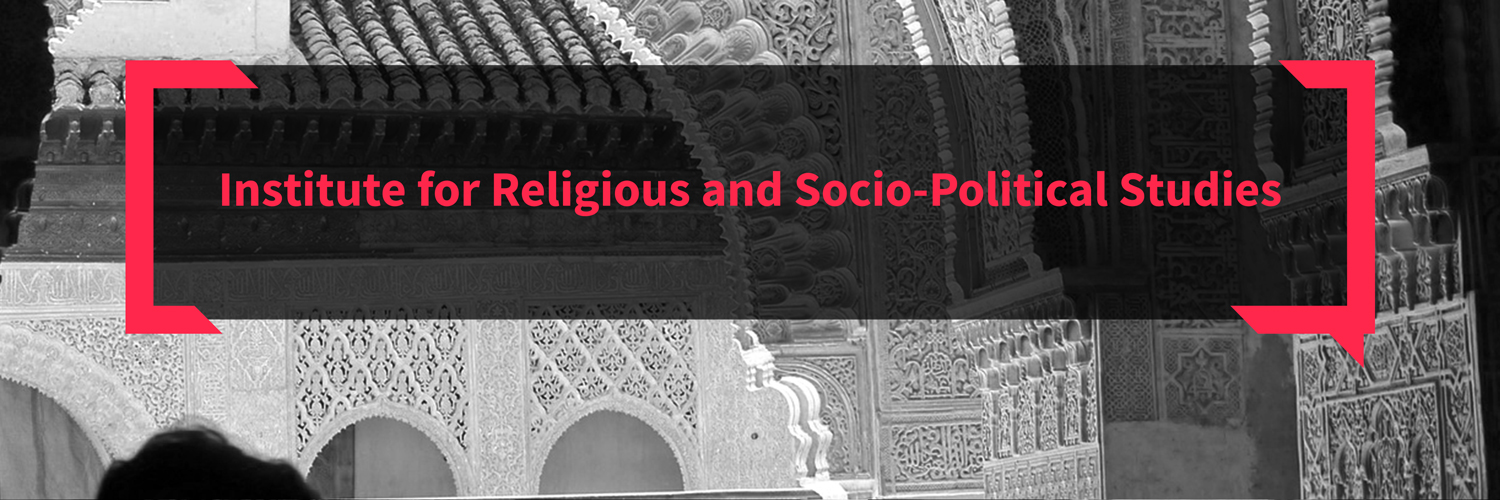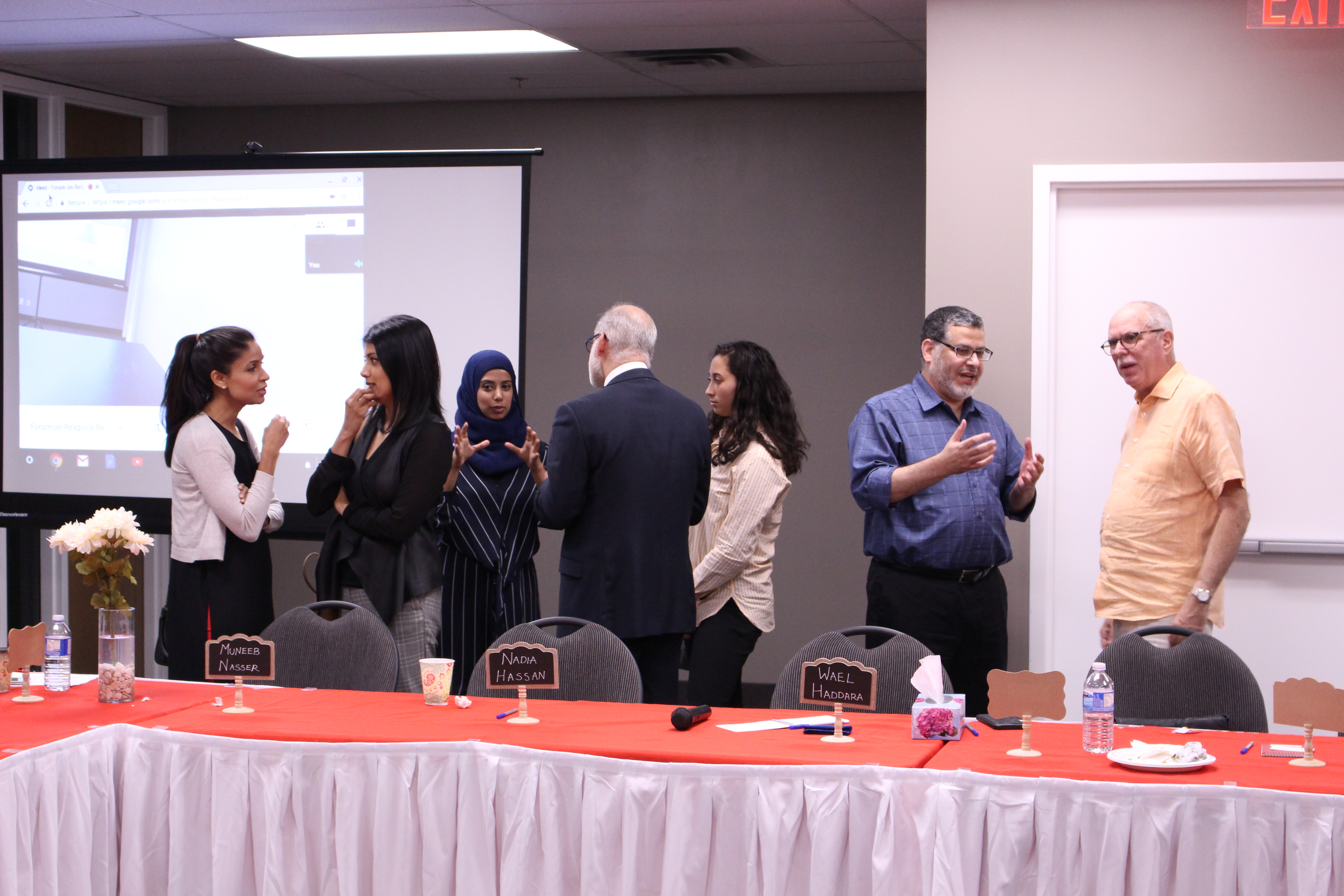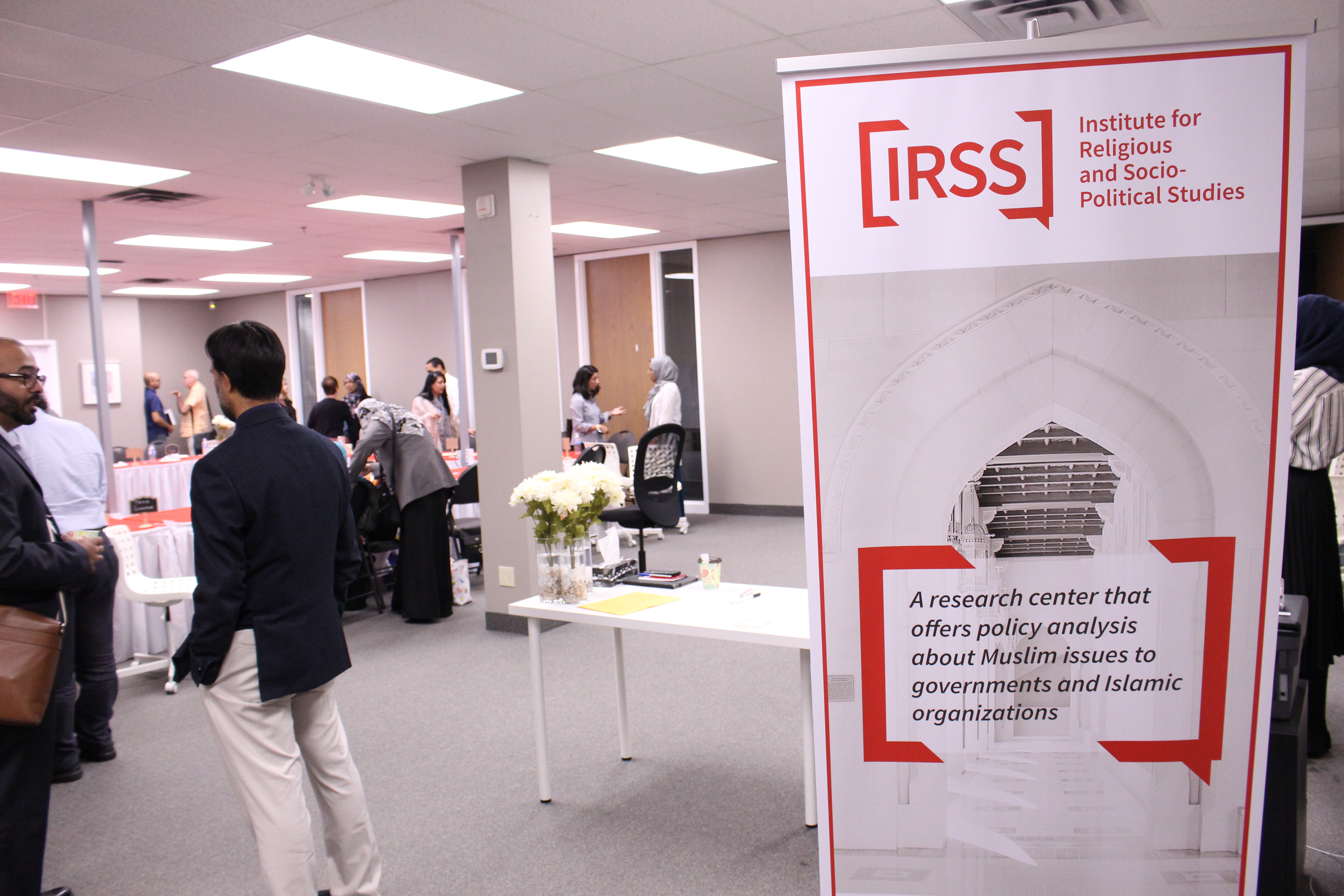Forum on Religious Responses to Anti-Semitism and Anti-Muslim Hatred
- Post by: irss
- August 20, 2018
- No Comment

On August 16th, 2018, the Institute for Religious and Socio-Political Studies (IRSS) held their first event to launch their latest publications and center the discussion around the research on “Jewish responses to Anti-Semitism: Lessons for Anti-Muslim hatred.”
In attendance were 40 guests including the esteemed panelists Mr. Bernier Farber, former CEO of the Canadian Jewish Congress and a social activist; Dr. Jasmin Zine, Professor of Sociology at Wilfrid Laurier University with subject expertise in Islamophobia; and Dr. Katherine Bullock, Professor of Political Science at University of Toronto and Director of Research at Tessellate Institute.

Guests included Karen Mock (Director of J Space), Cynthia Levine-Rasky (Co-Leader of Salaam-Shalom Toronto Chapter), Faisal Bhabha (Professor of Law at Osgoode Law School), Mr. Prabmeet Sarkaria MPP (Title of Secretariat), and Mr. Kaleed Rasheed MPP and leaders of national Muslim organizations; Islamic Society of North America (ISNA), Muslim Association of Canada (MAC), National Council for Canadian Muslims (NCCM), and Islamic Relief Canada (IRC) along with activists from the Jewish and Muslim communities.
The panelists responded to research conducted by Nakita Valerio on behalf of IRSS and Tessellate Institute (TTI). Some of the main points of discussion from our panel and guests were: 1) How to draw mainstream organizations and communities into discussions about fighting anti-Semitism and Islamophobia; 2) the importance of language in directing activism and the use of the term Islamophobia versus anti-Muslim hatred; 3) Forming solidarity groups; 4) Creating practical recommendations for organizations who support anti-racism initiatives and programs.

The forum allowed for a diversity of opinions and a productive discussion about finding tools to combat Islamophobia and anti-Semitism. IRSS will make a set of recommendations based on the discussion which will be presented to different advocacy groups, organizations, and government.
Share your thoughts and reflections about the forum and the paper with us in the comments section below.
